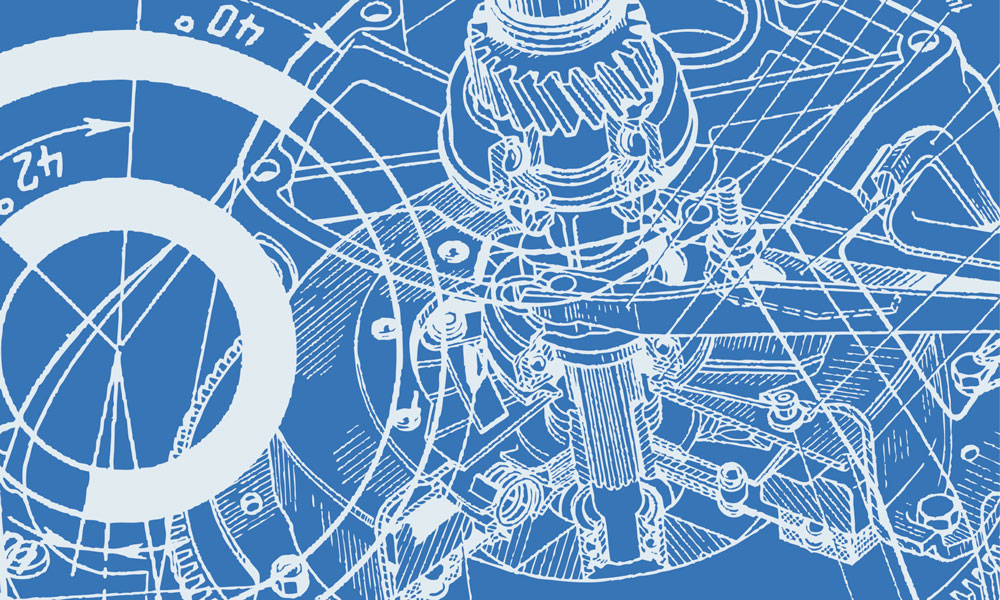
Smart Idea: Auto Coalition Eyes Intelligent Transit Strategy
The Smart Transportation Innovation Coalition, a new organization that includes a number of automotive associations, hopes to rev up the regulatory framework that will eventually give intelligent vehicles their shape. Meanwhile, another coalition hopes to ensure that the public can actually repair these smart vehicles themselves.
The future of the automobile may involve putting the brains of supercomputers under the hood. And the auto industry has a plan to ensure that these vehicles go farther than ever.
Last week, a group called the Smart Transportation Innovation Coalition announced its launch in a letter to members of Congress. The coalition—made up of the Alliance of Automobile Manufacturers, the Association of Global Automakers, the Information Technology Industry Council, the Intelligent Car Coalition, the Intelligent Transportation Society of America, the Motor & Equipment Manufacturers Association, and the National Automobile Dealers Association—hopes to draw attention to technologies such as autonomous vehicles, vehicle-to-vehicle communication, and driver-assistance systems.
The coalition claims that these technologies could help allay many of the annoyances of driving in the modern age, including rear-end collisions, weather risks, constant repairs, and traffic jams.
“For the United States to stay competitive in today’s global economy, it is critical that our nation invest more heavily in transportation research, technology and innovation,” the coalition wrote in its letter. “We ask you to join us as we work together to build a safer, smarter, more efficient and sustainable transportation future.”
Auto Automation Downsides
The move comes as related industries are also looking to technology to solve big issues. For example, the trucking industry this week made a push to require large trucks to include speed limiters.
But not all of the headlines are positive: A Wired op-ed piece, written by iFixit founder Kyle Wiens, criticized the agricultural manufacturing firm John Deere for discouraging vehicle owners from repairing its vehicles by claiming copyright over the system’s software under the Digital Millennium Copyright Act (DMCA).
“Over the last two decades, manufacturers have used the DMCA to argue that consumers do not own the software underpinning the products they buy—things like smartphones, computers, coffeemakers, cars, and, yes, even tractors,” Wiens wrote. “So, Old MacDonald has a tractor, but he owns a massive barn ornament, because the manufacturer holds the rights to the programming that makes it run.”
Wiens, a founding member of the Digital Right to Repair coalition, adds that major automotive manufacturers like General Motors have made similar arguments to the U.S. Copyright Office, which is planning to consider the issue later this year.
“We’re trying to open the floodgates of information,” Wiens added. “To let owners investigate the code in their devices. To modify them for better functionality. To repair them, even without the blessing of manufacturer.”
(iStock/Thinkstock)






Comments